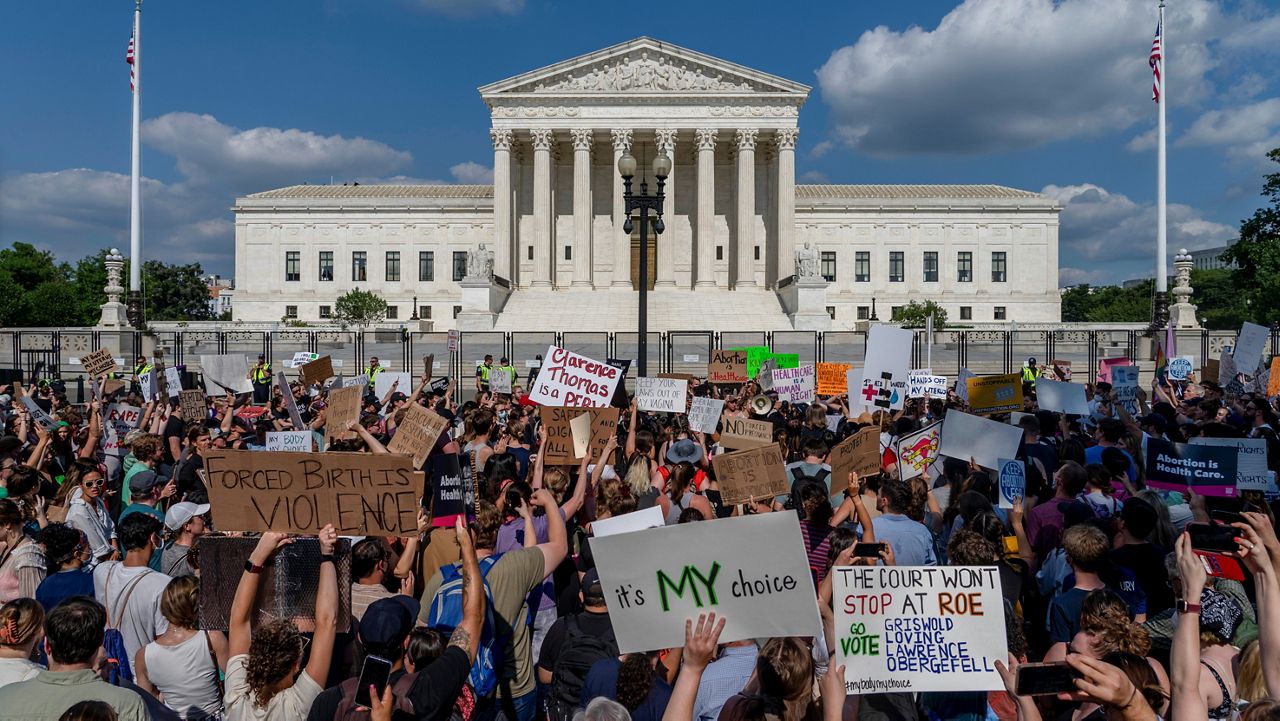LOS ANGELES — The recent overdose death of a teen at Barry J. Nidorf Juvenile Hall is raising concerns about conditions inside Los Angeles County’s juvenile halls.
Now, a state board is recommending the closure of those facilities.
The California Board of State and Community Corrections, or BSCC, issued a report documenting severe understaffing issues inside the halls. The report found an excessive number of staff call-outs and no-shows.
The board also found that youths were held in isolation for longer than allowed under state guidelines. They said the Los Angeles County Probation Department did not perform proper safety checks on youth in isolation.
The LA County Probation Department did not comment on the conditions inside juvenile halls, but did provide a statement on the recent overdose.
“Our nursing staff immediately administered emergency services, including the use of Narcan,” said chief strategist for juvenile operations for the LA County Department of Probation Guillermo Viera Rosa. “We have notified the family and will cooperate fully with law enforcement on a thorough investigation of the incident.”
LA County Supervisor Kathryn Barger recently toured Barry J. Nidorf Juvenile Hall. During an interview with Spectrum News after the overdose was announced, she said the conditions inside the facility are unacceptable.
“We have a responsibility to protect them, and clearly last week’s death illustrates why we need immediate reform,” Barger said.
Barger added that the LA County Board of Supervisors is looking into solutions to systemic issues within the department. She said that simply adding more guards to facilities would not be enough.
“That means addressing issues, whether it be mental health, whether it be gang affiliation, whether it be getting job training, whether it be getting them GED’s, we have the ability to do this,” Barger said.
According to Barger, the LA County Probation Department agrees with the findings from the BSCC.
Former inmates confirmed the staffing issues, also describing rampant drug use and violence in juvenile halls.
“You’re looking over your back constantly like what’s going to happen next,” said Monte ‘Magic’ McKay.
McKay said he spent every day in fear of getting jumped or stabbed by other inmates. He was convicted of second degree murder when he was 17 years old, and spent two years at Barry J. Nidorf Juvenile Hall.
He said the culture inside the juvenile hall does not set young people up to succeed.
“It’s dehumanizing, it’s degrading,” McKay said. “It’s like they are training you to be mentally messed up.”
McKay spent his time in juvenile hall studying. Now, he’s an activist set to attend UC Berkeley next year, where he hopes to continue advocating for incarcerated young people.
“What I’m here for is to educate youth,” McKay said.
He knows his work is far from over, but he’s excited to inspire change in young people just like him. McKay currently works with the Anti-Recidivism Coalition, a group that aims to end mass incarceration in California.











